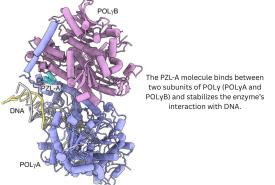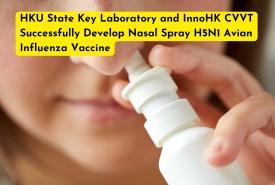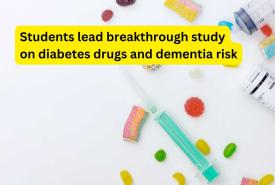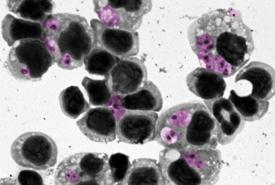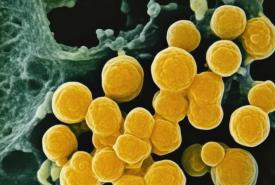Common genetic variants linked to drug-resistant epilepsy
Antiseizure medication is usually prescribed for people with the condition. However, for one in three people with epilepsy around 20 million individuals worldwide, current antiseizure medications are ineffective. This means that people will continue to have seizures despite taking medication – a condition called ‘drug resistance.






